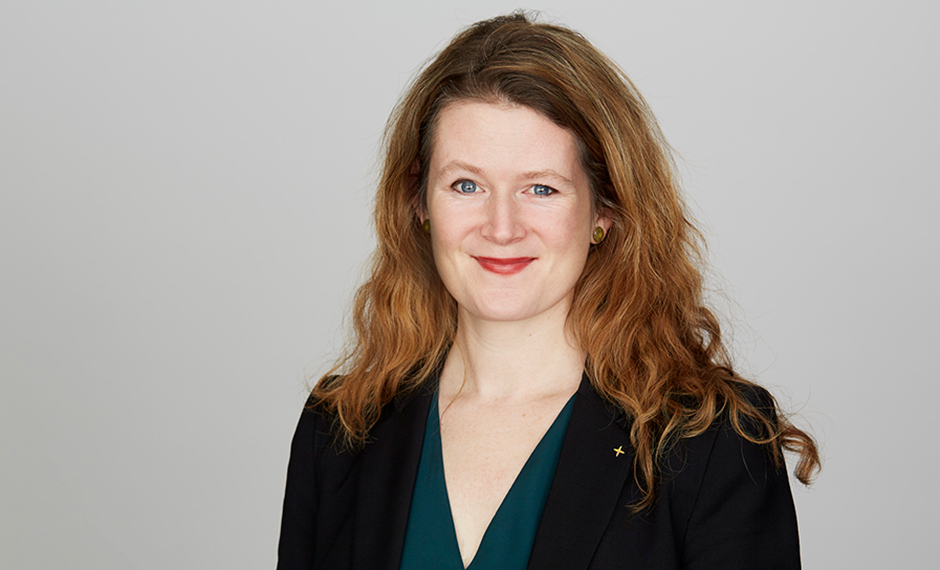VA’s Director of Research, Maria Lindholm, has been elected Chair of the European Commission’s Advisory Group for the Science with and for Society programme, SwafS in 2016-17. The EC’s Advisory Groups represent a broad constituency of stakeholders and are consultative entities with the task of giving strategic and consolidated advice to the Commission services during the preparation of the Horizon 2020 work programmes.

The SwafS Advisory Group is composed of 28 members, representing a wide range of expertise and European countries. Maria’s first Advisory Group meeting took place on 25—26 January in Brussels.
“I am delighted to have been chosen for this role and look forward to stimulating and challenging discussions with experts in the SwafS domain, but also with the so called peers, who are members of other Advisory Groups. They have been appointed to bring in expertise from other parts of Horizon 2020 as well as to take back ideas on how ’RRI mainstreaming’ could be further accelerated in Horizon 2020,” said Maria.
“I can also see many synergies with the Swedish National Advocacy Platform on SwafS that VA coordinates. In many respects, we work in the same way and we share several common goals,” added Maria.


Since we know that the big (societal and ecological) challenges of today are (man-made – ’Antroropcene’) complex dynamic problems, RRI should also take a systemic approach and include social and economic innovation as equally important as technological innovation. In the RRI-community this is not always fully realised. The project ’FoTRRIS’ aims at developing hubs (specific infrastructure) that can function as an intermediary between (specialised) R&I institutes, citizens/CSO’s, business and politics. The systemic approach has deep consequences for the role of these four actors in the RRI-process.
Can the SwafS Advisory Group please stress the fact that RRI needs to be defined primarily by its goal, viz. cocreating to solutions for the great challenges? Only if this is fully acknowledged can the six ’lines’ of RRI be an integral characteristic of R&I. The FoTRRIS-project is funded within Horizon 2020 (GARRI), and is still in its early phases, but I would be happy to elucidate our systemic approach. Kind regards,
Since we know that the big (societal and ecological) challenges of today are (man-made – ’Antroropcene’) complex dynamic problems, RRI should also take a systemic approach and include social and economic innovation as equally important as technological innovation. In the RRI-community this is not always fully realised. The project ’FoTRRIS’ aims at developing hubs (specific infrastructure) that can function as an intermediary between (specialised) R&I institutes, citizens/CSO’s, business and politics. The systemic approach has deep consequences for the role of these four actors in the RRI-process.
Can the SwafS Advisory Group please stress the fact that RRI needs to be defined primarily by its goal, viz. cocreating to solutions for the great challenges? Only if this is fully acknowledged can the six ’lines’ of RRI be an integral characteristic of R&I. The FoTRRIS-project is funded within Horizon 2020 (GARRI), and is still in its early phases, but I would be happy to elucidate our systemic approach. Kind regards,